Not cured, cancer takes a downward path, which despite the occasional hopeful rise descends until the inevitable end. I have attended this sad journey so often that while I may be drained, I am rarely surprised. However, my patients and their families are often deeply disturbed by what seems to be a sudden happening. Usually, the blame for this shock falls to fear and denial of the reality of death. However, what if the primary drive is not fear at all, but instead is love?
Now of course you say, “Well, that is obvious, we mourn and fight for the one’s we love, we always deny their coming death.” While true, I suggest something subtler, more complex; an idea basic to the nature of love. Love draws us close to others and creates a mutual dependence, trust and bond which transcends all other emotion. But, whom do we love, who do we need and whom do we see? Like a mirror, which reflects only the past, we see the person of yesterday.
Marcel Proust, in the classic In Search of Lost Time, writes, “…Every habitual glance is an act of necromancy, each face that we love a mirror of the past. “ We do not see the changes of time in ourselves, and especially in those that we love. We fail to observe how those most precious to us have aged, looking past the shallow changes of the body and seeing rather the brightness in the eyes, the excitement of the mind and the depth of the heart. We do not even see the eyes, mind and soul of today. We see the person we came to love so many years before, as by habit we deny time.
It is simple to conclude that our failure to see time’s ravages is just another facet of the denial of death. By clinging to a brilliant past, the moment we met in college, the magic of birth, the wonder of a holiday ritual, we deny that time kills. I do not see the changes in my spouse, and because if my wife is still the perfect physical creature from those first days together, she can never die. I am certain there is truth in that idea.
Nonetheless, perhaps this misses what is basic in the nature of love. We bond not just to the body, the face, or even the eyes. Love is the connection of souls and that link, while it becomes stronger with the years, is welded in those first early moments. We do not see the change in the mirror and the corruption of the body, not because we want to deny the future, but because we adhere to the essence, spirit and power that both was and is the person we love, and thus we hold in our mind the presence of past days.
We do not fall in love again with the “new person” who is born with rising each morning. By habit we do not look closely at the one with whom we share a family, a house or a bed and thus are blind to the change of bodies with time. While we may adjust at a superficial level; yes, we cannot walk as far, or yes, she needs to take pills or yes, he is receiving chemotherapy, in the crystal statue held in our mind that person we so deeply love is still young, perfect, vibrant and time has not altered.
Therefore, when devastating disease strikes, our “habitual glance” preserves the one we love intact so that “the idea we have always had of them,” makes it incredibly difficult to accept terrible change. This is not simply the denial of death; this is the image of that person in the bonded mirror of love. Perhaps, even more than fear of loss and death, it is a celebration of life and love. Nonetheless, what makes it so hard is that our hearts fall to pieces when the mirror is broken.

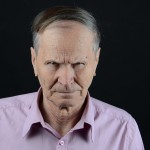
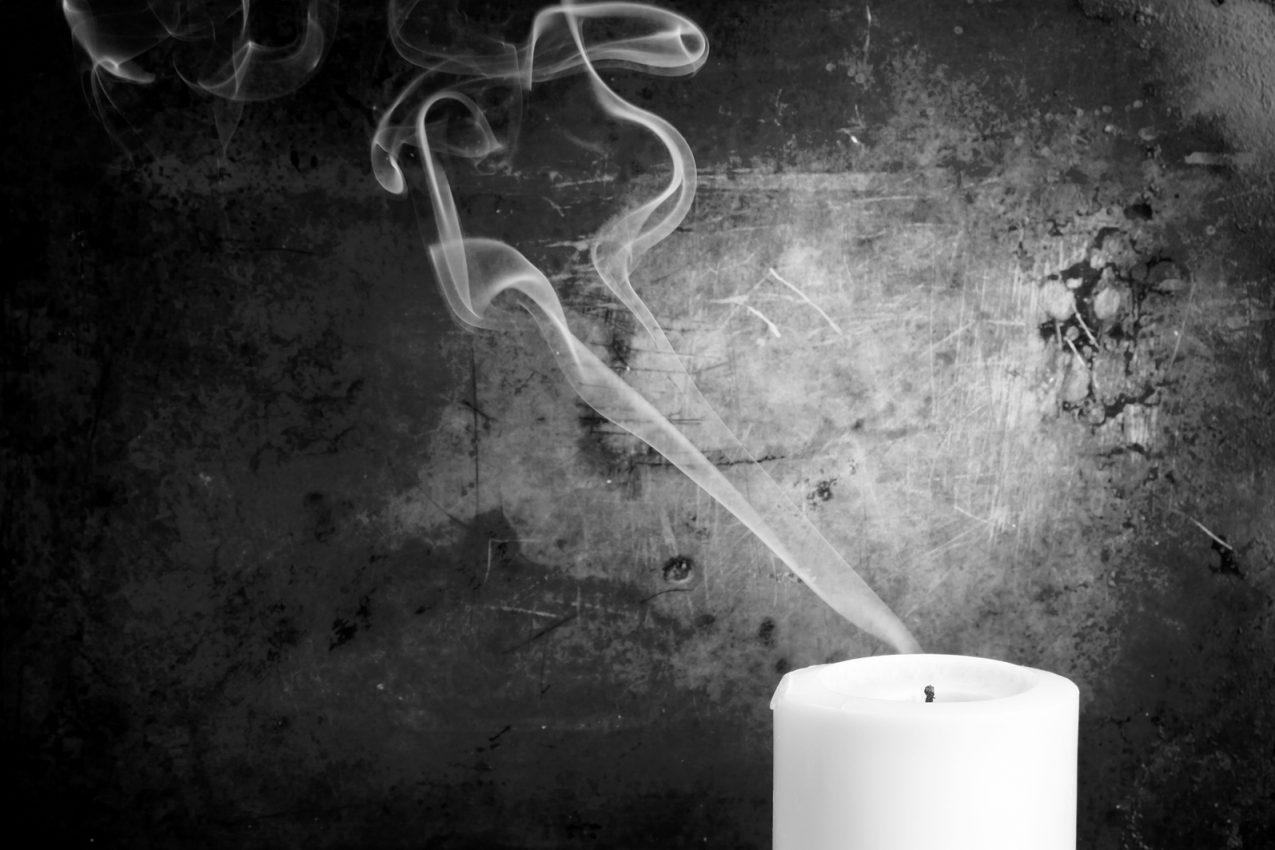
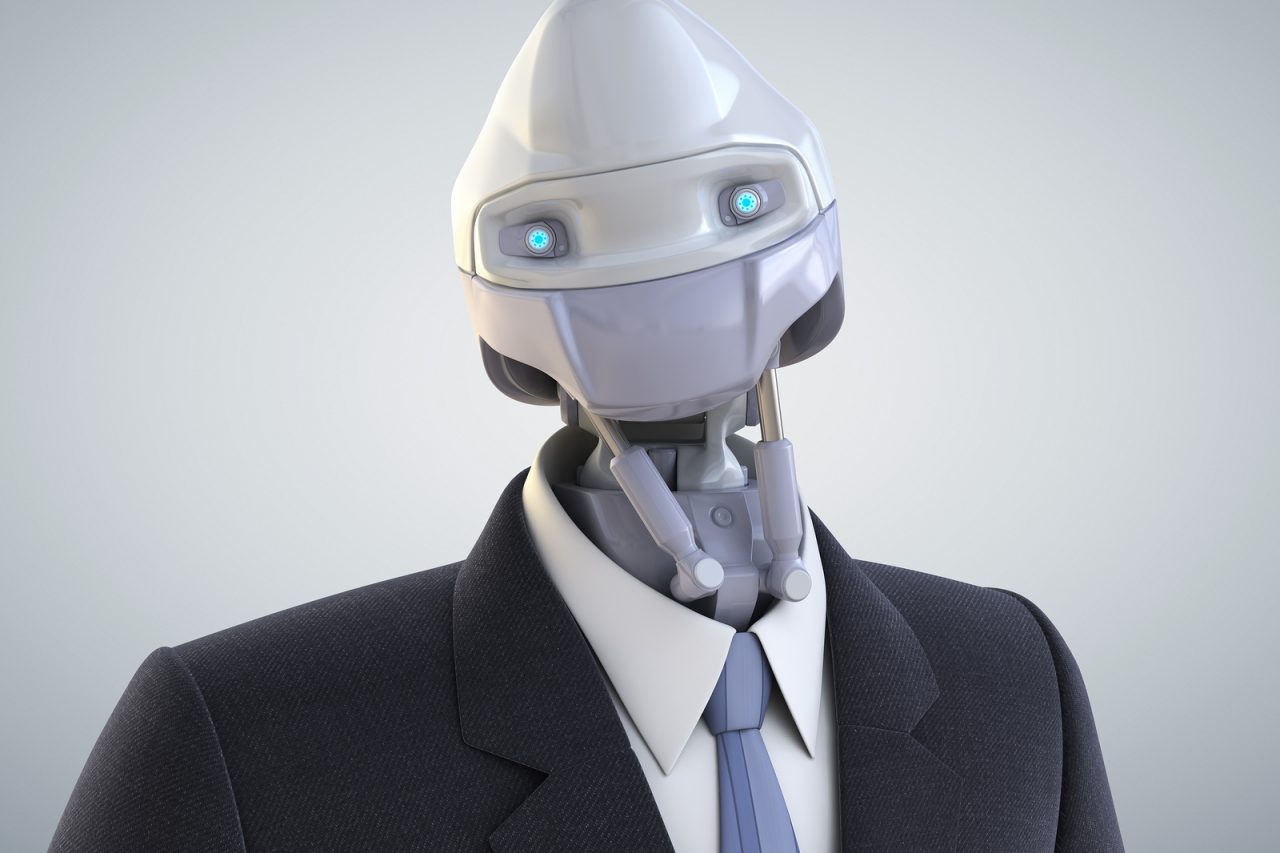
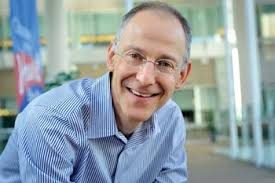
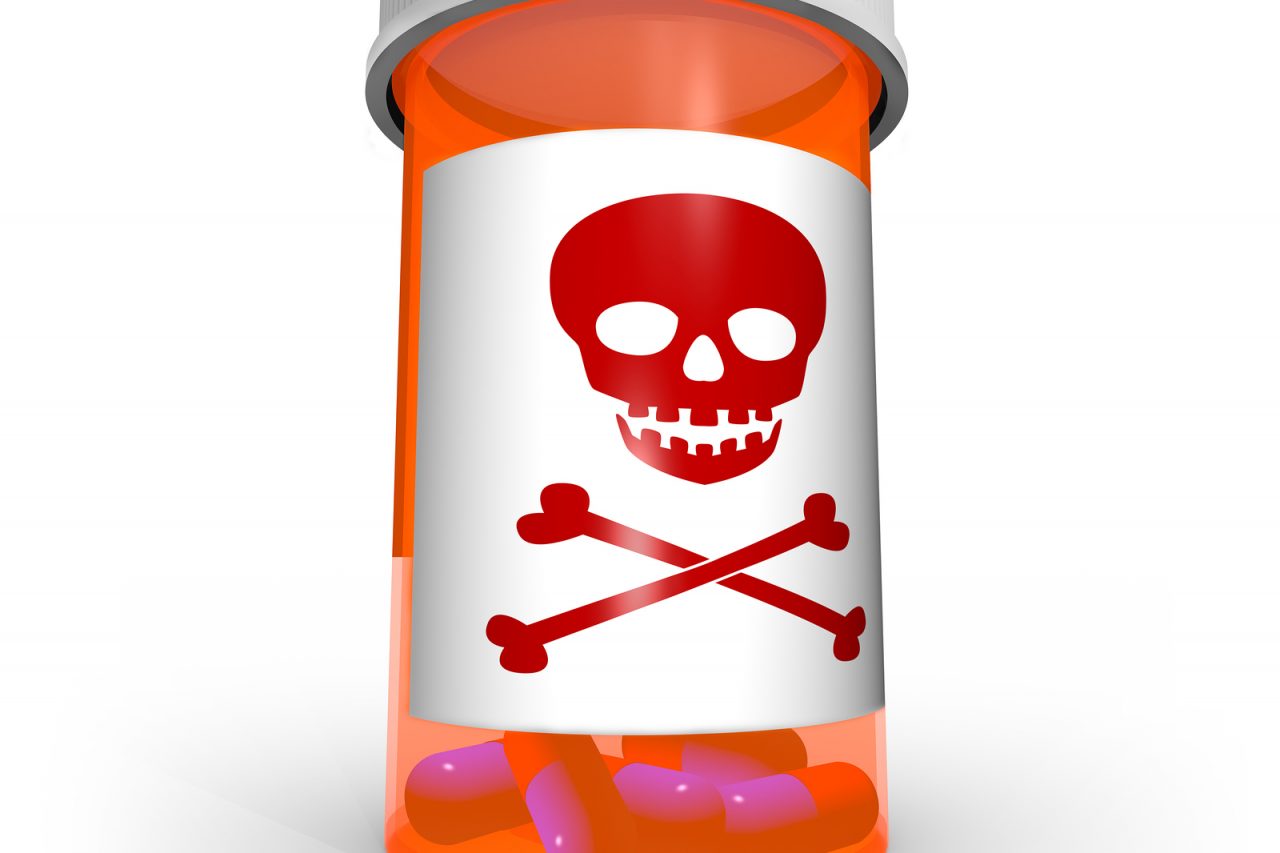
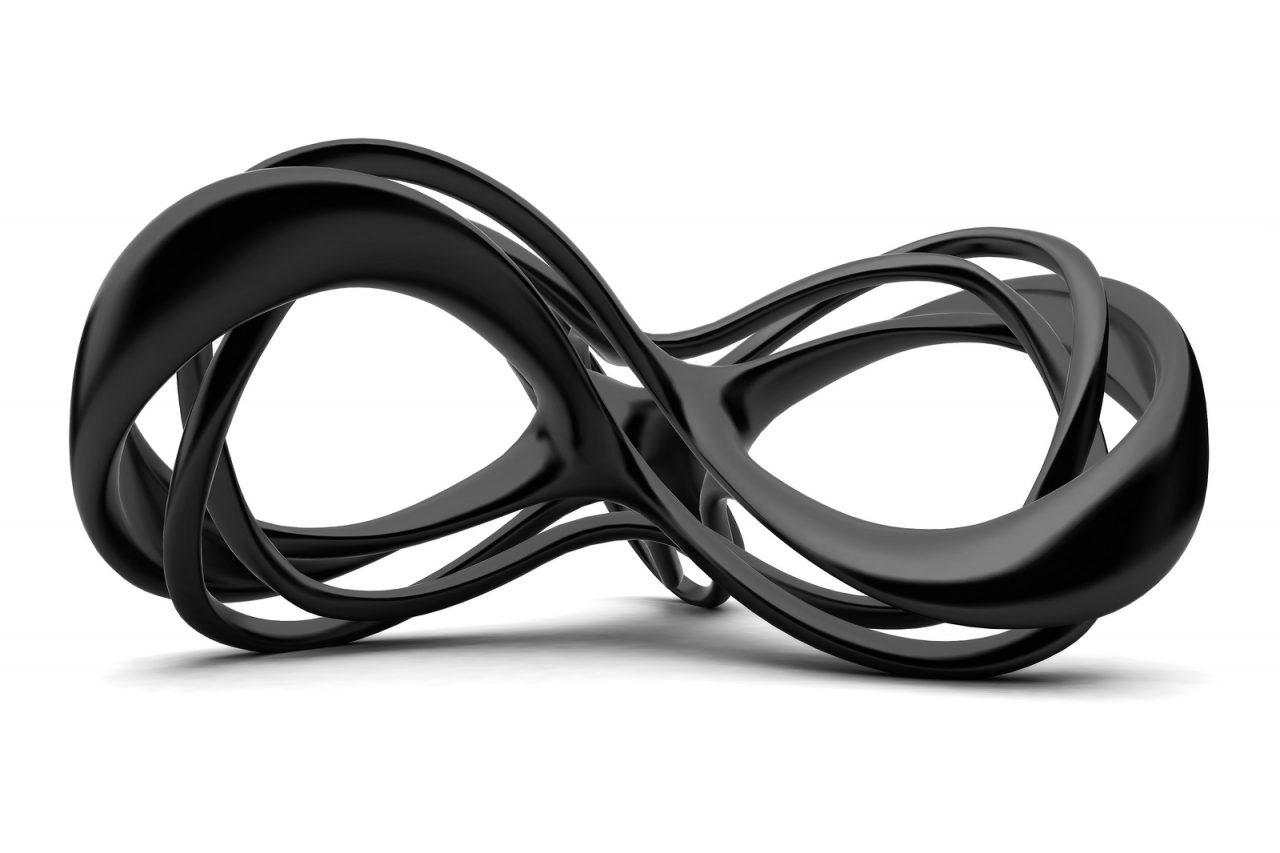
16 Comments